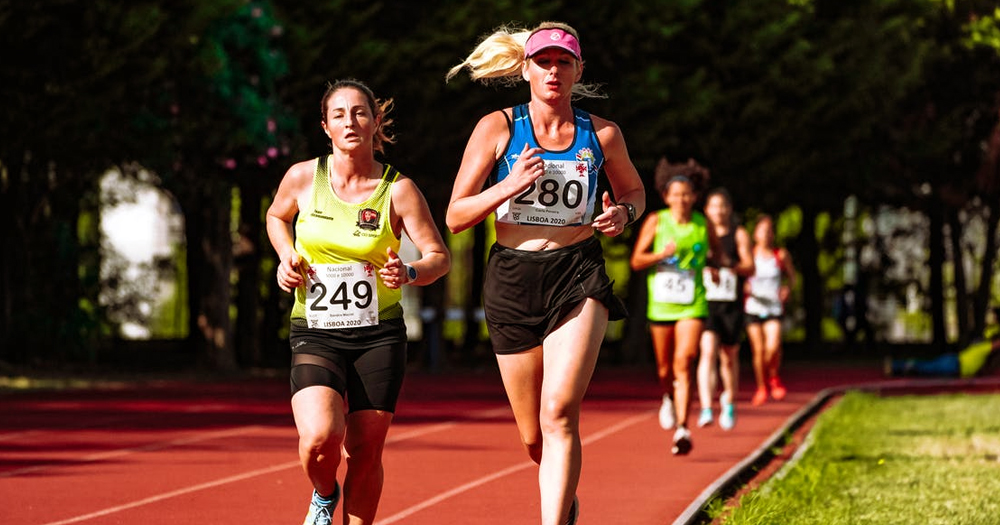On July 6, British Triathlon became the first sport in the UK to ban Transgender athletes from racing in women’s competitions. Following this decision, an “open category” was created for Transgender athletes to compete at all levels.
The governing body of British Triathlon is the first in the country to ban Transgender athletes from competing in the female category at both the elite and grassroots levels. Under the new policy, which will come into effect in 2023, Transgender athletes over the age of 12 will be allowed to race in an “open category” specifically created for “all individuals including male, transgender and those non-binary who were male sex at birth”.
The policy also applies at the international level, meaning that “only athletes who are the female sex at birth will be eligible to represent Great Britain, England, Scotland or Wales, in female competition”.
The decision to ban Transgender women from the female category in British Triathlon stems from their belief that “fairness of competition is paramount”. It comes after other international governing bodies issued similar bans for their sports, as happened with swimming and rugby only last month.
British Triathlon have published its Transgender Policy after a period of consultation. You can find the policy, FAQs, consultation process and statement here – https://t.co/ZBx9IjvFEo pic.twitter.com/dUkKX6UMPo
— British Triathlon (@BritTri) July 6, 2022
According to British Triathlon’s chief executive Andy Salmon, “Athletes who were born male have an advantage over athletes who were born female and that their advantage is significant in swim, bike and run.”
He went on to point out that “Our sport was founded relatively late in the 1970s. And with gender equity at its core, this is something that we’re incredibly proud of and, indeed, we’re incredibly precious about”. He concluded: “And this is one of the reasons why fairness in our sport is so important to us.”
However, many researchers and scientific experts have at length questioned whether Transgender women actually have an advantage over cisgender women in competitive sports. Endocrinologist Ada Cheung stated that policies banning Trans women from female sports competitions are not “based on concrete evidence”.
As far as I know, no trans woman currently competes or has EVER competed in elite level triathlon in any country, including Great Britain, England, Scotland or Wales. British Triathlon’s move to ban trans women doesn’t address any real issue; it’s discrimination plain & simple.
— The Chris Mosier (@TheChrisMosier) July 6, 2022
“We actually don’t know if there’s a biological advantage for transgender women over cisgender women because the science is not clear,” Cheung said.
Speaking out about the ban in a Twitter thread, Transgender triathlete Chris Mosier stated: “No trans woman currently competes or has EVER competed in elite-level triathlon in any country, including Great Britain, England, Scotland or Wales”.
“British Triathlon’s move to ban trans women doesn’t address any real issue; it’s discrimination plain & simple.” he added. Speaking of the decision to create an “open category”, Mosier pointed out that, while open categories exist in other sporting events, they’re usually optional and that “forcing athletes to participate there further separates athletes from their peers”. He added: “Policies that ban trans people encourage transphobia towards trans people.”
© 2022 GCN (Gay Community News). All rights reserved.
Support GCN
GCN is a free, vital resource for Ireland’s LGBTQ+ community since 1988.
GCN is a trading name of National LGBT Federation CLG, a registered charity - Charity Number: 20034580.
GCN relies on the generous support of the community and allies to sustain the crucial work that we do. Producing GCN is costly, and, in an industry which has been hugely impacted by rising costs, we need your support to help sustain and grow this vital resource.
Supporting GCN for as little as €1.99 per month will help us continue our work as Ireland’s free, independent LGBTQ+ media.
